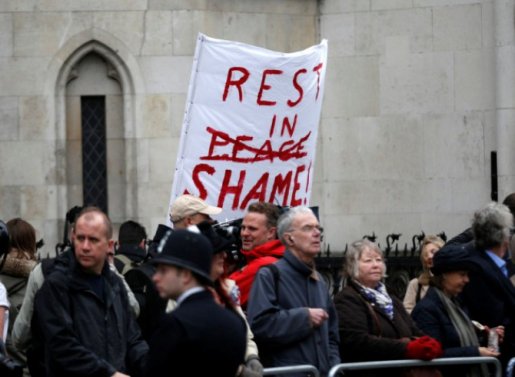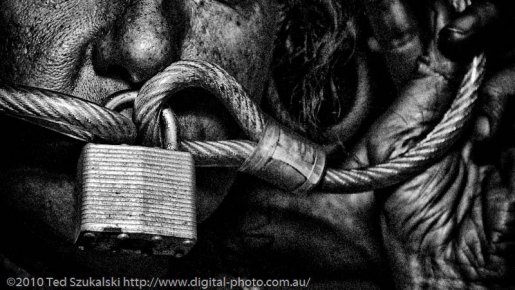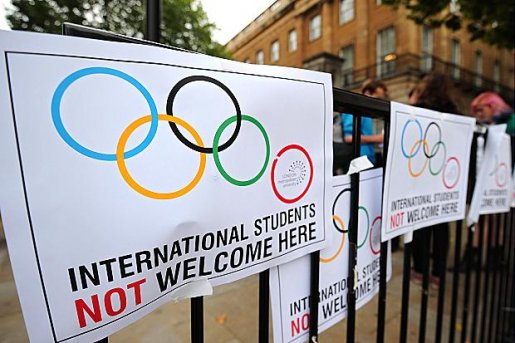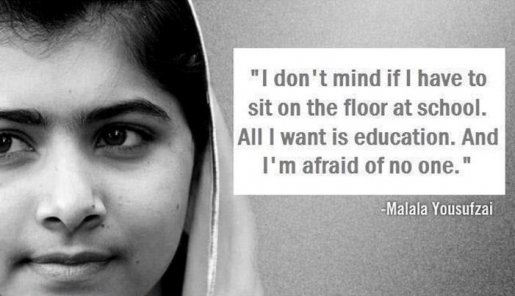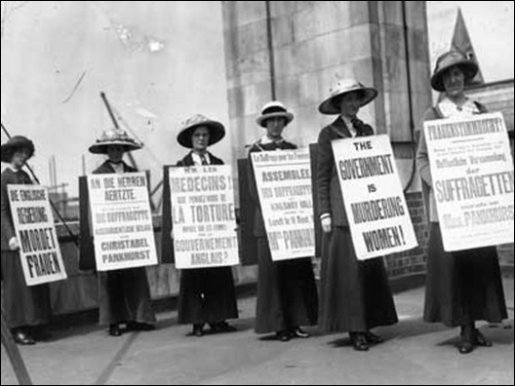Malala Yousafzai attended her first day at school in Birmingham, yesterday. She described this day as: "the most important of my life", and I believe it should represent an achievement for all of us and a reminder of the struggles of people in other countries.
The braveness of a Pakistani adolescent, who was shot in the head by Taliban for asking education to be granted to girls in Pakistan, has to remind us that what we have is still denied in other places.
However, the irony is that while in some parts of the world people risk their lives to gain access to education, somewhere else the importance of a hard-won historical right is denied.
I often happen to hear youths lamenting because they have to study: it is too boring and useless.
I see so many teenagers, forgotten by their parents, wandering around the city smoking cigarettes, drinking alcohol and ‘acting cool'. None of them has a dream, a purpose, a motivation and the more I witness this, the more I think about Malala and how differently education is conceived today in modern societies.








